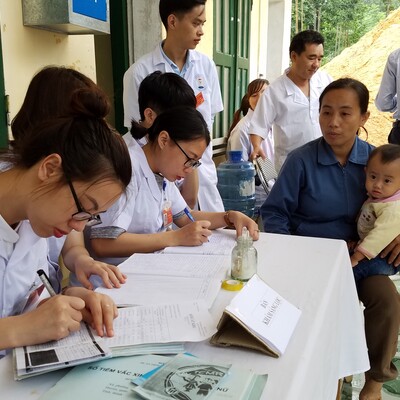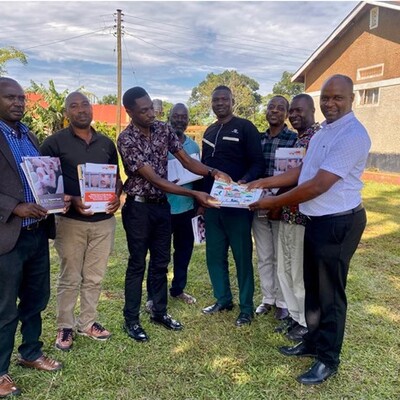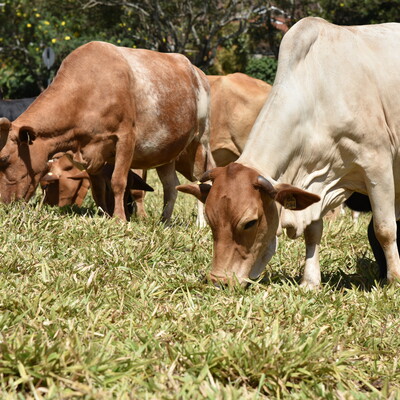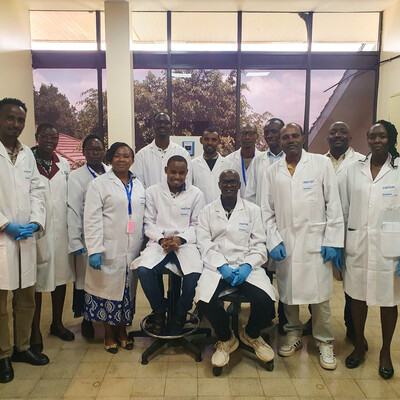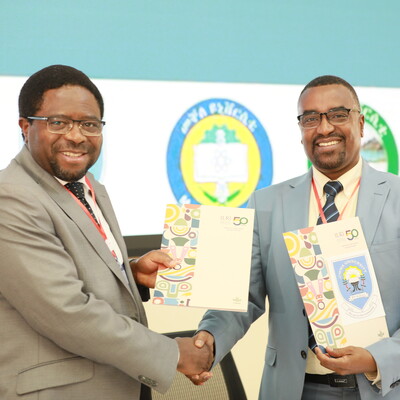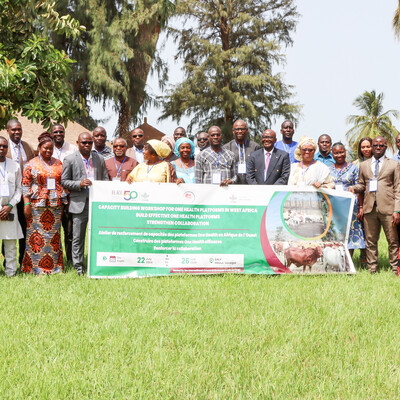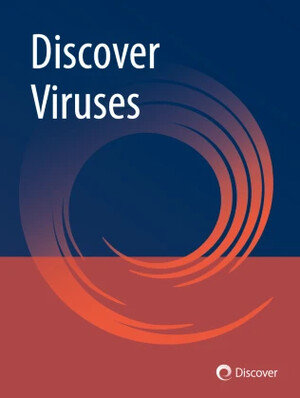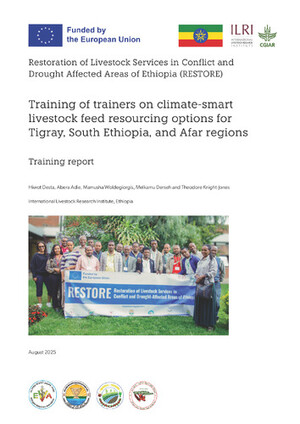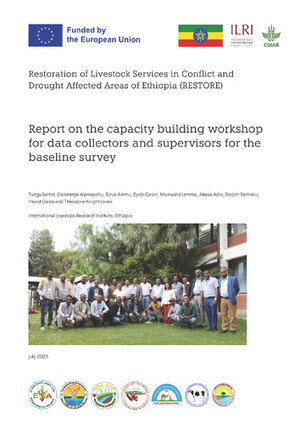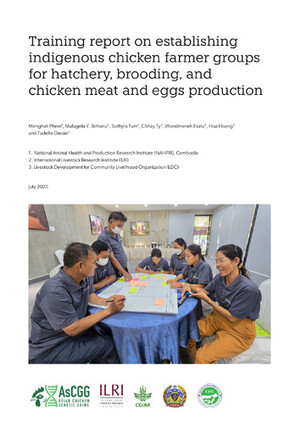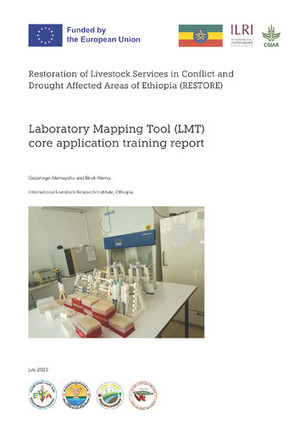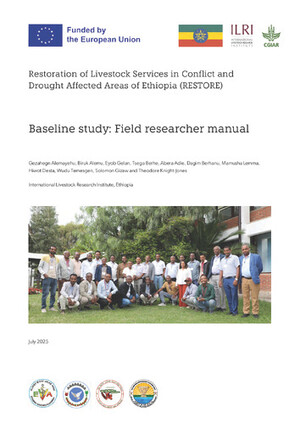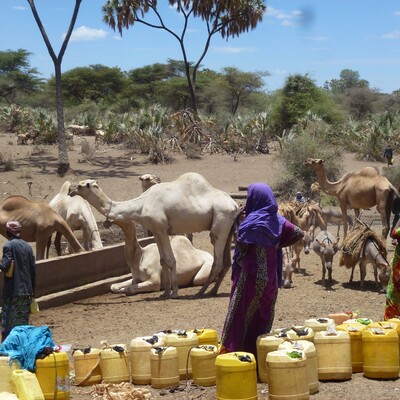
First cohort of ILRI-based One Health PhD fellowships for African researchers announced
The One Health Research, Education and Outreach Centre in Africa (OHRECA), which is supported by the Federal Ministry for Economic Cooperation and Development is happy to announce the first cohort of 2021 PhD fellowships whose research will address the health threats that face the continent using a One Health approach.
The six fellows who hail from East and West Africa, will be supported to pursue their PhD research on diverse subjects ranging from tackling the burden of emerging and re-emerging infectious disease, neglected zoonoses control, food safety and antimicrobial resistance.
The goal of the OHRECA fellowship is to build Africa’s indigenous capacity in One Health, support the growing web of One Health initiatives and develop pathways through which evidence can support policy and policy can be implemented resulting in measurable improvements to beneficiaries’ health and livelihoods.
‘OHRECA is an important centre for ILRI to build up the One Health capacity for African partners and countries to deal with complex health issues,’ said Hung Nguyen, co-leader of the Animal and Human Health program at ILRI. ‘I am glad to see this cohort of PhD students on board with OHRECA. They are all from Africa, working on key health issues in this continent and will be the champions in One Health in Africa,’ added Nguyen.
The three-year fellowships are aimed at early-career African scientists who want to better understand the link between humans, animals and the environment and how these links are integral to understanding disease dynamics, and the importance of interdisciplinary approaches to disease prevention and policy development. The fellows are expected to go on and help build national capacity in One Health in their own countries and institutions.
Bernard Bett, OHRECA team leader, noted that OHRECA will produce a cohort of well-trained professionals who will contribute to further development of One Health in their own countries when they complete the training. ‘The fellows will acquire practical skills and knowledge that are needed to manage complex health challenges in our region. To achieve these targets, OHRECA will use an apprenticeship model where each graduate fellows is attached to one or more senior scientists at the International Livestock Research Institute (ILRI) and other partner research institutions. They will then jointly implement health projects right from conception of research ideas to completion and dissemination of research findings.’
The OHRECA fellows will work with the ILRI Capacity Development unit, be assigned a mentor and receive training to enhance their capacity by building their soft skills, leadership, networks, mentoring skills and scientific research. The fellowship will also support existing as well as establish new summer schools for graduate fellows. In this journey as a cohort, the fellows will raise their awareness of working in teams and with colleagues from different disciplines towards solving current challenges in animal and human health in Africa.
Wellington Ekaya, the head of capacity development at ILRI, said ‘the greatest and yet most interesting challenge in One Health is the need for researchers to work, collaborate and communicate across disciplines and sectors. No education system is wired to produce these kinds of professionals. OHRECA offers a unique opportunity to produce uniquely skilled next-generation African professionals who will accelerate the use of One Health for improved health and wealth in the continent.’
OHRECA is working with African partners, advanced research institutes in Europe and elsewhere to build a robust pipeline of One Health leaders.
Get to know the 2021 OHRECA fellows
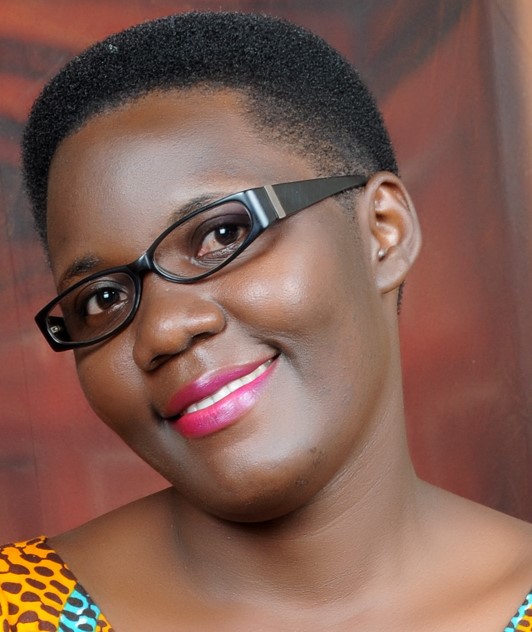
Nationality: Ugandan
Project: Gender and social-cultural research on emerging infectious diseases in northern Kenya
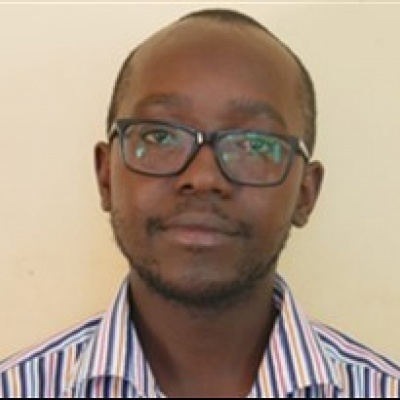
Nationality: Kenyan
Project: Quantifying the cost-effectiveness of control of rabies at the interface of livestock, human and wildlife ecosystem in Machakos
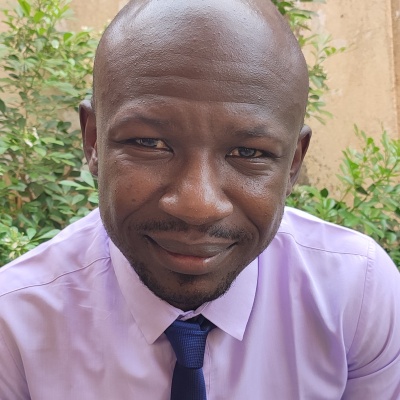
Nationality: Burkinabe
Project: Epidemiology of Crimean- Congo haemorrhagic fever in Burkina Faso using a One Health approach
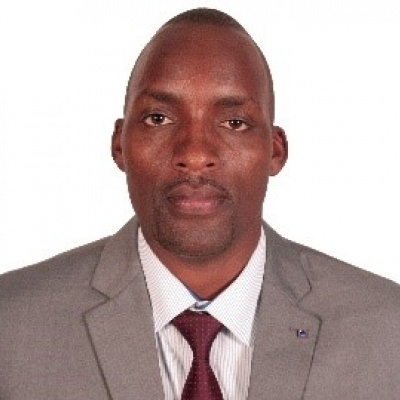
Nationality: Kenyan
Project: Strengthening integrated surveillance for rapid detection and response for zoonoses in Kenya

Nationality: Kenyan
Project: Hazard assessment for food in the East African Community countries
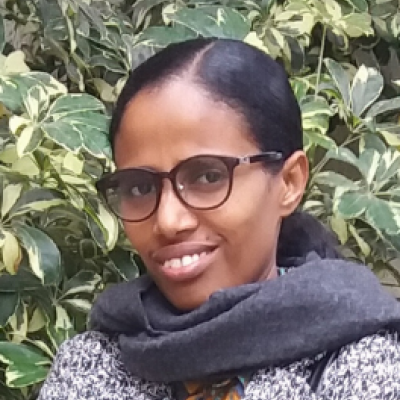
Nationality: Ethiopian
Project: Identify sustainable and scalable intervention to improve food safety in traditional markets in Ethiopia






